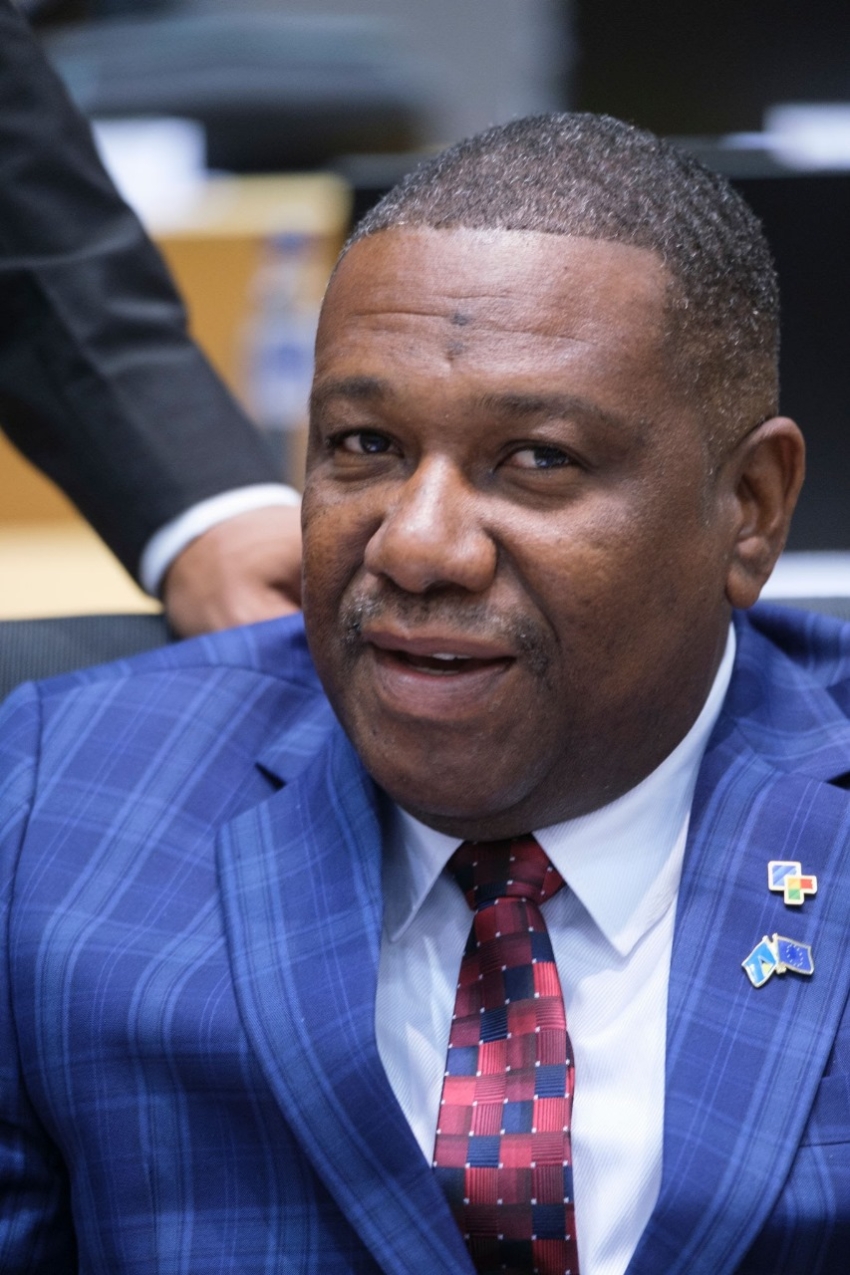The two governments recently met with other heads of government from CARICOM in Saint Vincent to have peace talks. The said talks resulted in 13 declarations agreed to by the two parties for mutual cooperation and the maintenance of peace.
“There is no doubt in my mind that we have dedicated our region as a zone of peace, and it shall remain a zone of peace,” the External Affairs Minister asserted, continuing, “Not for once I had any doubt that it was within our sphere of competence to bring resolution to this particular issue.”
In the face of other regional and global conflicts, the Caribbean boasts a deep degree of cooperation, integration and peace among countries spanning different cultures and languages. Due to the 1962 Treaty of Tlatelolco, countries of Latin America and the Caribbean agreed to the denuclearization of the region - that is, avoiding the “testing, use, manufacture, production or acquisition by any means whatsoever of any nuclear weapons” and the “receipt, storage, installation, deployment and any form of possession of any nuclear weapons.”
Hon. Baptiste says Saint Lucia and CARICOM retain strong ties with Venezuela and that at all times, an open line of communication will be maintained with them. It was in this vein, he says, that the peace talks were instituted.
“If we have an open line with Venezuela and a member of CARICOM, we know how to use the tool of diplomacy to resolve our issues,” he said.
When asked, the Minister admitted that he had no fear of an invasion on the part of either country or the use of force. “I was never concerned about that because I felt there was that understanding and there was that relationship in our region to permit a resolution without the use of force.”
Guyana and Venezuela await the ruling of the International Court of Justice in the resolution of their border dispute.


